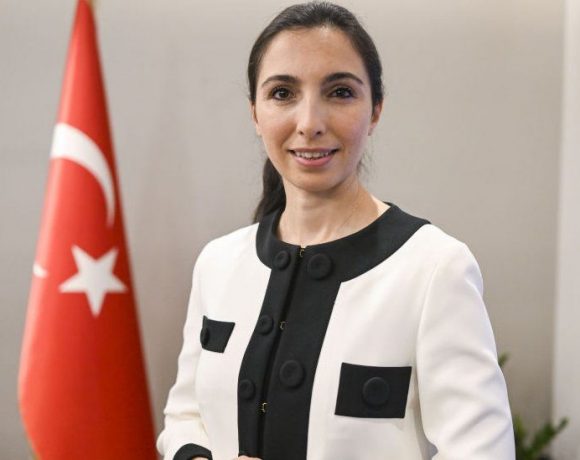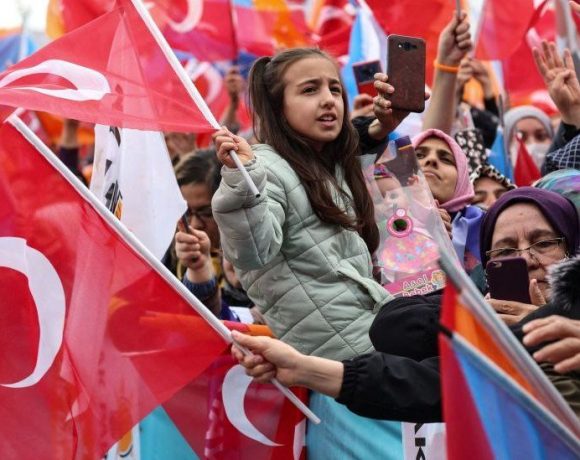
Turkey is preparing to reverse some of President Recep Tayyip Erdogan’s unconventional economic policies as his new economic team takes action to tackle soaring inflation.
Just weeks after Erdogan’s re-election, interest rates are expected to undergo a significant increase from their current level of 8.5%. With inflation at nearly 40% and citizens grappling with a severe cost-of-living crisis, the urgency to address the situation is evident.
However, Erdogan has previously insisted on keeping interest rates low, despite economists advocating for their increase. The extent of the impending interest rate hike remains uncertain, with varying predictions from different experts, ranging from an 11.5-point increase to as high as 40%. Erdogan’s challenge stems from persistently high inflation and critically low reserves in the central bank, which have been depleted due to extensive efforts to support the Turkish lira.
In the past, the President dismissed three central bank governors in under two years when they attempted to adhere to orthodox policies. Having seen interest rates decline from 19% two years ago to 8.5% recently, Turkey now faces the prospect of another rise, further exacerbating its ongoing economic crisis. The dilemma lies in the fact that pursuing orthodox economic policies could negatively impact a significant portion of the population, which Erdogan may seek to avoid in light of local elections scheduled for next year. While Turkey experienced substantial economic growth during the initial years of Erdogan’s leadership, unconventional approaches blaming high inflation on borrowing costs and prioritizing economic stimulation have led to a drastic decline in the Turkish currency’s value and foreign investment.
The country now grapples with citizens attempting to transfer their foreign funds out of domestic banks. The appointment of Mehmet Simsek, a former banker and economist, as finance minister, and Hafize Gaye Erkan, Turkey’s first female central bank chief, signals Erdogan’s inclination towards a change in economic direction. Simsek has emphasized the necessity of returning to “rational ground” and compliance with international norms, while Erkan, a prominent figure on Wall Street, brings an external perspective to the role.
Erdogan maintained his stance on low interest rates during the election campaign, but shortly after his re-election, he hinted at a shift. It is expected that Erkan will have to implement immediate and substantial rate hikes rather than gradual adjustments, according to emerging markets specialist Timothy Ash, who also warned of the risks associated with such a move.
Picture Courtesy: Google/images are subject to copyright

